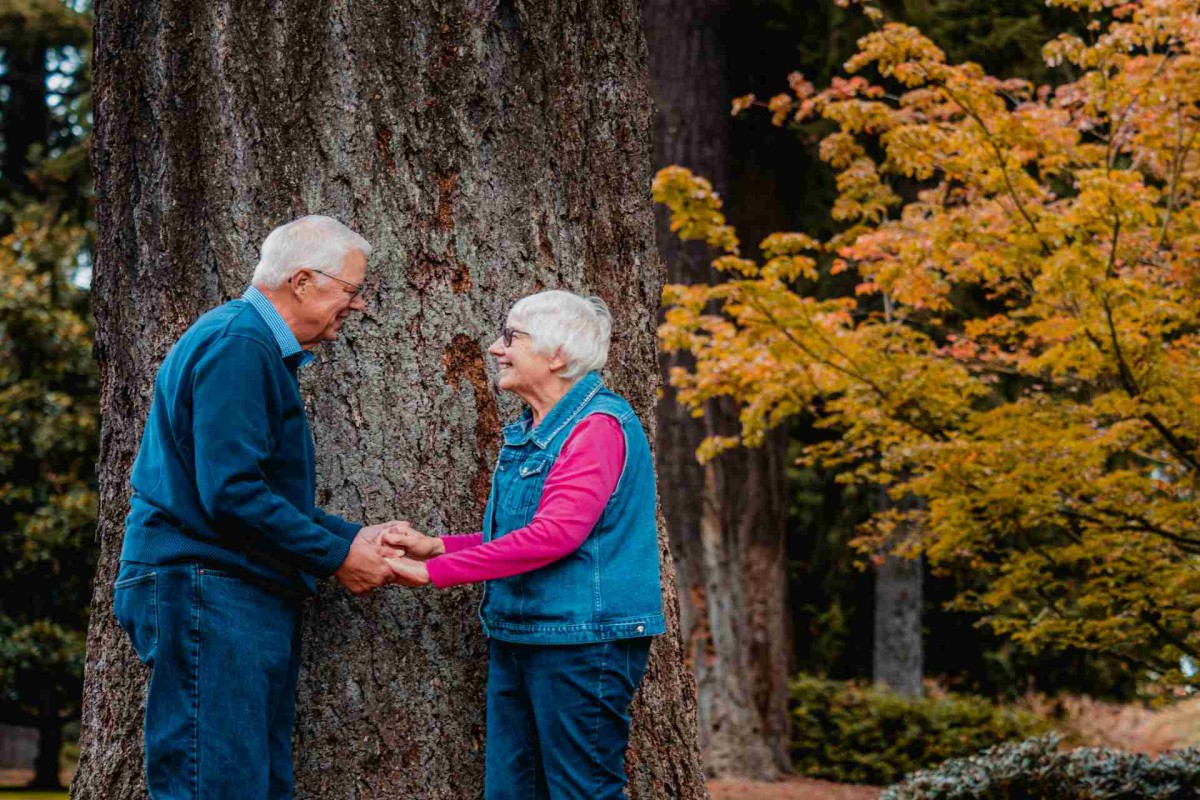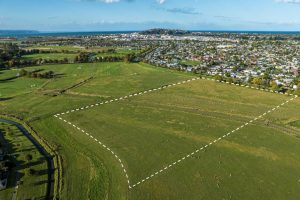New Global Study Highlights Kiwi Attitudes to Ageing
A new survey from Ipsos New Zealand reveals that while New Zealanders believe old age begins at 66, more than half of us (54%) say we are not looking forward to it. The findings are part of a 32-country study on attitudes to ageing, providing a fascinating snapshot of how New Zealanders view longevity, milestones, and life after retirement compared to the rest of the world.
When Does ‘Old Age’ Begin?
The study shows that perceptions of when “old age” begins vary across generations. On average, New Zealanders believe it starts at 66. However, Gen Z place the threshold lower, at 61, while Baby Boomers push it higher to 72. These figures mirror trends overseas, where many European countries don’t consider old age to begin until people reach their 70s.
Life Expectancy And Years Of ‘Old Age
Most New Zealanders believe they will live to around 81, although Gen X expect to reach 83, and Baby Boomers estimate 85. Income and education appear to play a role, with individuals on higher incomes and those with higher levels of education expecting longer lives.
On average, New Zealanders believe they will spend 15 years in “old age,” which is longer than the global average of 12 years. This is comparable to Filipinos and Indonesians, who expect to live to 17 years of age, and far above Hungary, where people expect to live shorter lives than the point they consider to be “old age.”
Not Looking Forward To Getting Old
Globally, 57% of people say they are not looking forward to old age. In New Zealand, that figure sits slightly lower than 54%. Interestingly, enthusiasm grows with age, income, and education. Gen X New Zealanders are the most enthusiastic about getting older at 44%, while Baby Boomers are the least enthusiastic at 25%.
Key Milestones And Leadership Views
The research also shows that New Zealanders view their late 20s to mid-30s as the “prime of life.” This is when you most believe key milestones such as marriage, homeownership, and parenthood should occur, about a year younger than the global average.
When it comes to leadership, New Zealanders prefer younger leaders compared to the global average. Most think a country’s leader should be at least 39 years old, compared with 42 globally, and that leaders become “too old” at 64, compared with 61 globally.
A Message For The Future
Carin Hercock, Country Manager for Ipsos New Zealand, notes that New Zealanders’ realistic views of life expectancy bode well for retirement planning. However, enthusiasm for ageing appears to be influenced by financial comfort. “Positivity around ‘old age’ seems to be more likely for those on higher incomes, indicating a comfortable retirement may be perceived as less comfortable for some,” she explains.
Amanda Dudding, Executive Director of Public Affairs at Ipsos New Zealand, adds: “Globally, most people don’t consider themselves to be ‘old’ until they are in their 70s and in New Zealand, we tend o think the ideal age for major events is younger. We are also much more likely to believe you are never too old to learn, find love or buy a house.”





